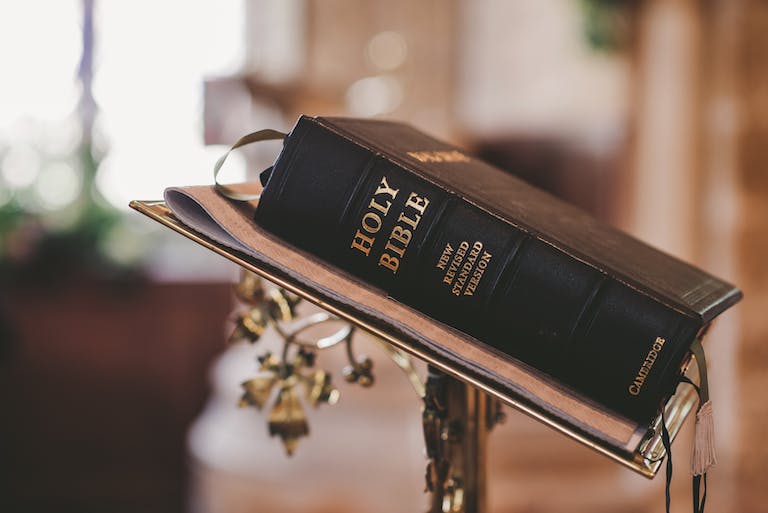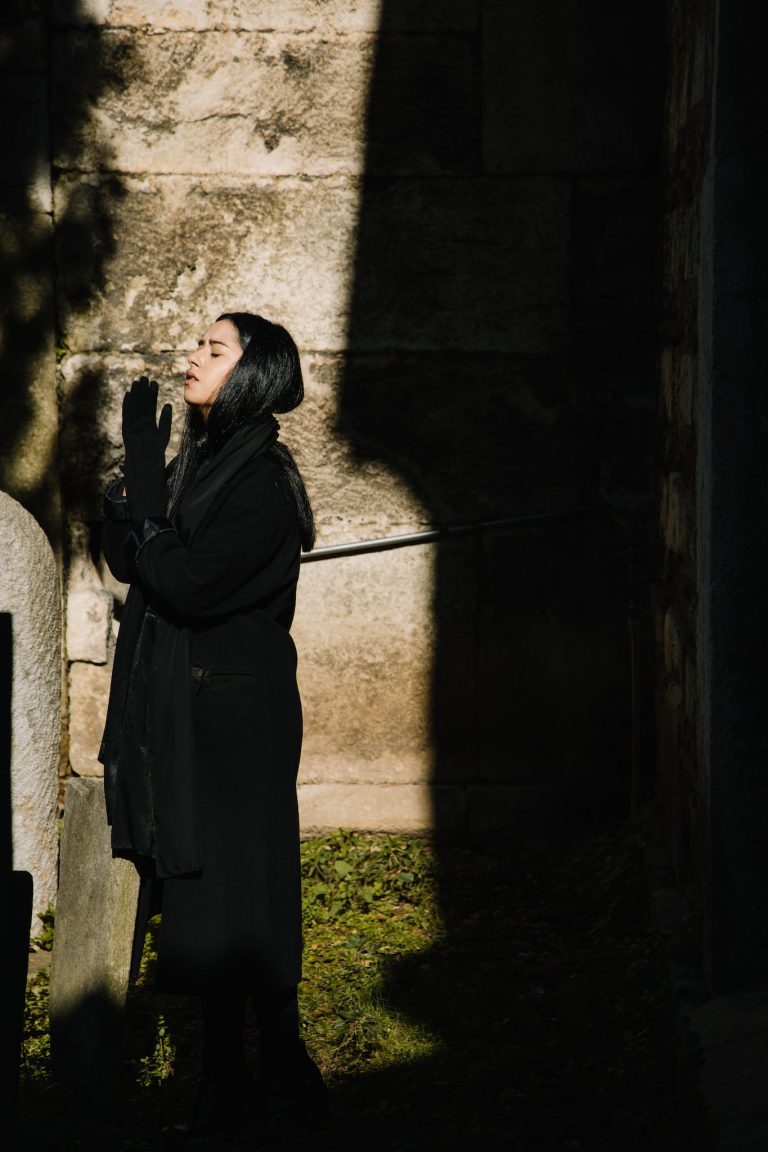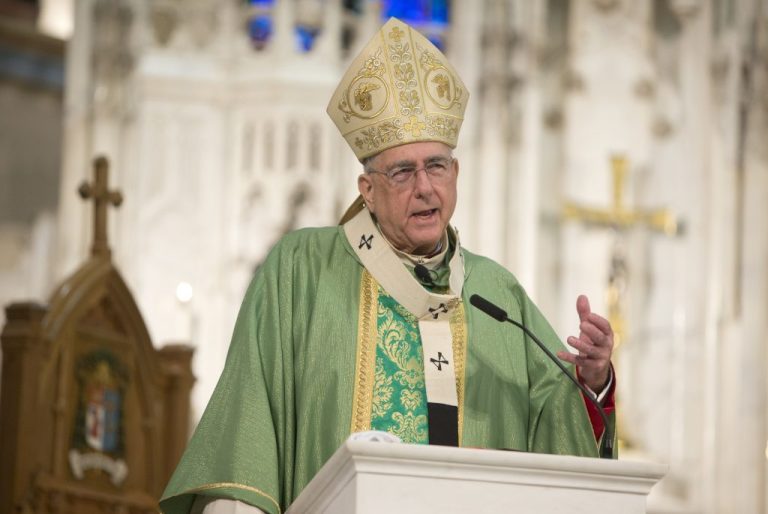Why Did the Catholic Church Discourage Bible Reading?
The Catholic Church did not always make the Bible widely available to ordinary people. For much of its history, the Church actively discouraged the laity from reading the Bible on their own. There were a few key reasons behind this policy:
Control Over Interpretation
One major reason was that the Church wanted to retain control over the interpretation of Scripture. Catholic doctrine relies heavily on certain interpretations of Bible passages. Church leaders were concerned that if ordinary people read the Bible, they may come to conclusions that conflicted with official Church teaching.
To avoid this, the Church attempted to limit Bible reading to the clergy and theologians who were trained in Catholic doctrine. They could guide people towards Church-approved interpretations and away from alternative readings that challenged doctrine. This allowed the hierarchy to maintain unity of belief.
Limiting the Influence of Protestants
Another factor was the Protestant Reformation in the 16th century. Reformers like Martin Luther translated the Bible into local languages and vigorously promoted Scripture reading among the laity.
The Catholic Church saw this as a challenge to its authority. In response, the Church strongly resisted having the Bible translated into vernacular languages or allowing lay people open access to Scripture. They feared people interpreting the Bible for themselves and being influenced by Protestant ideas.
The Church’s Stance Softens Over Time
The Church maintained restrictions on Bible reading for centuries. However, its stance gradually softened, especially after 1943 when Pope Pius XII issued an encyclical letter encouraging Catholics to read Scripture for spiritual growth. The Church still prefers Bible reading under its guidance but it no longer condemns private study.
This shift occurred due to several reasons:
- The growth of literacy and education among the laity made bans on Bible reading impractical to enforce
- Changing perspectives from the hierarchy on the value of Scripture reading for ordinary believers
- The reforms of the Second Vatican Council in the 1960s increased emphasis on access to the Bible for all
While restrictions may have made sense centuries ago from the Church’s viewpoint at the time, the evolving landscape has led to greater openness around Catholics and the Bible.
Lingering Unease Over Misinterpretation
However, the Church still has some lingering unease about the laity reaching conclusions that contradict doctrine. It attempts to mitigate this through study guides and religious education programs designed to steer readers towards Church-aligned interpretations.
There is also emphasis on reading Scripture within the context of the Church’s teachings and Traditions rather than in isolation. The Church sees itself as the authoritative interpreter that can help the faithful avoid misconstruing the text.

What Does This Mean for Catholics Today?
Modern Catholics are encouraged to engage in Bible reading for personal spiritual development. However, they are still expected to ultimately adhere to Church teachings. There remains some tension between promoting Bible study and allowing complete freedom of interpretation that may go against Catholic doctrine.
Lay Catholics have to navigate this line. The Church allows and wants them to read Scripture but also wants to guide them closely in interpreting it correctly from a Catholic perspective. This can frustrate some Catholics seeking more freedom in drawing their own conclusions. Others accept reading within the framework of Catholic Tradition that the Church advocates.
The Church moved away from outright discouraging Bible reading to subtle encouragement with limits. But unease remains about what unrestricted interpretation could lead to. Striking the right balance here continues to pose an interesting challenge for the modern Catholic Church.
So in summary – while no longer banning the laity from Scripture, the Catholic hierarchy still aims to condition Bible reading to align with official doctrines. Concern lingers over wayward interpretations. Thus some unease and tension persists around truly open Scripture access for average Catholics today.







